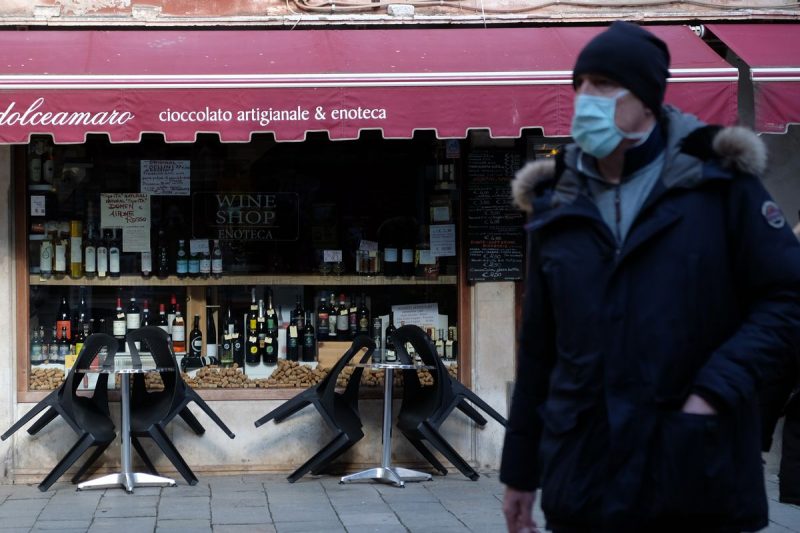Fiscal measures to retain workers in employment are needed to help businesses with challenges faced because of the COVID-19 virus, according to the Secretary General of the General Workers Union, Josef Bugeja.
The government’s €1.8 billion rescue package introduced on Wednesday to help businesses cope has been slammed by a number of groups and unions who are concerned about the survival of businesses in Malta.
The package includes €1.6 billion in liquidity for companies, but this consists of €700 million in tax deferrals and €900 million in loan guarantees), a €210 million injection to support the economy and €350 given to employers for each employee on quarantine leave, among others measures.
Measures by the government show that more is being done to cater to unemployment rather than prevent job loss in the first place, according to various groups who are voicing employers’ concerns.
Opposition Leader Adrian Delia echoed the concerns of the business community in a statement that pointed out government measures would actually amount to only €175 million in direct assistance. “It is nowhere close to what businesses need to rough the storm and save jobs,” Delia said.
It is not true that @maltagov will spend €1.8 billion to help businesses, workers & families. Its outlay will be €175m in direct assistance. It is nowhere near close to what businesses need to rough the storm and save jobs. 🇲🇹
— Adrian Delia (@adriandeliapn) March 19, 2020
He said the government should provide for 50% of all salaries up to a capping level that should be agreed upon with all constituted bodies in order to ensure that there will be no unnecessary job losses.
Chamber of Small and Medium Enterprises CEO Abigail Mamo told The Shift on Thursday that introducing measures that focus on the cure rather than prevention “does not make sense in both the short and long term”. It would be more cost-effective for the government to be serious about providing aid now rather than helping people through unemployment, she said.
The Chamber of Commerce also noted that the announcement made on Wednesday was equivalent to a mere subsidy of 20% of the employee’s salary at the level of the minimum wage (€800). The measures would make it impossible for employers to avoid significant redundancies, it warned.
Much comparison is also being made between the government’s expenditure in recent years on other projects and its hesitation in supplying and upping funds now. The Electrogas power station is an example of such a project which was given a €300 million guarantee while its purpose and necessity were questioned and it is now clear that it was a corrupt deal.
The same is being said of the deal to outsource three of Malta’s public hospitals, risking the universality of healthcare as is now becoming clear with a pandemic that has hit the world. Taxpayers are forking out €70 million per year, or €188,000 per day, to Steward Healthcare with no evident contribution from Steward Healthcare to relieve the burden.
In a statement published, the Chamber of SMEs said the government has shown “ample capability along the years to come up with millions and billions to finance different operations and projects that it thought fit”.
“Not having sufficient financial liquidity is not a credible answer. Now is the time to finance SMEs and their employees who have diligently paid their taxes, sustained the economy and contributed to the economic growth so boasted about by the government throughout the past years,” it said.
On Friday, the UK Government announced that firms of any size, including non-profit organisations, can apply for a grant for up to 80% of salaries of retained workers up to €2,723 per month.
In his comments to The Shift, Bugeja reiterated the need for social dialogue in order to mitigate the impact and look for a solution to the issues. “We are in this together and I believe in burden sharing, and employees are doing their utmost to help out,” he told The Shift.
Hospitality, entertainment, and service sectors are the ones facing the worst issues, and most third-country nationals work in the former and so are the worst hit. Bugeja also expressed concern on the aviation sector.
European Commission President Ursula Von Der Leyen announced that the EU has relaxed budgetary rules and set the ‘General Escape Clause’ which will allow national governments to pump into the economy as much as necessary.












